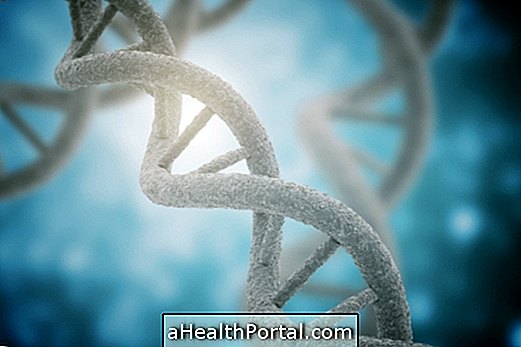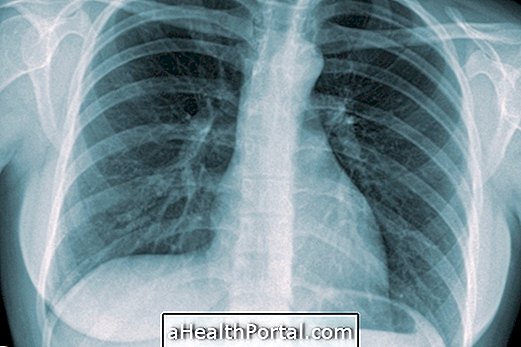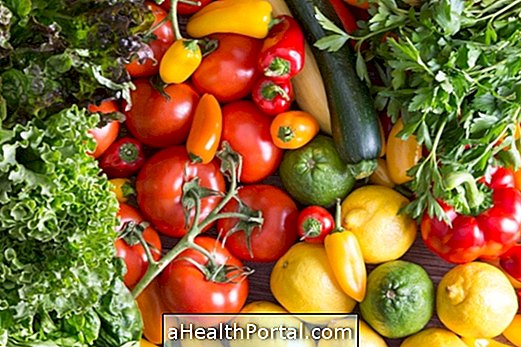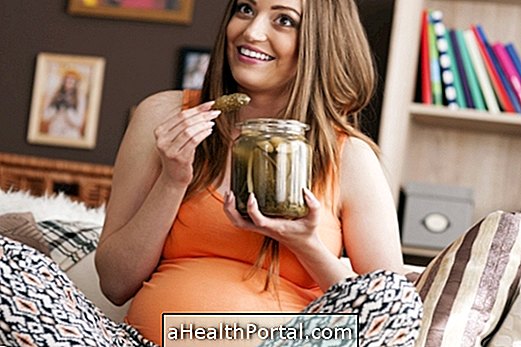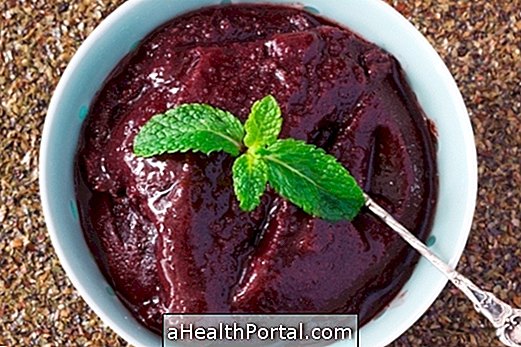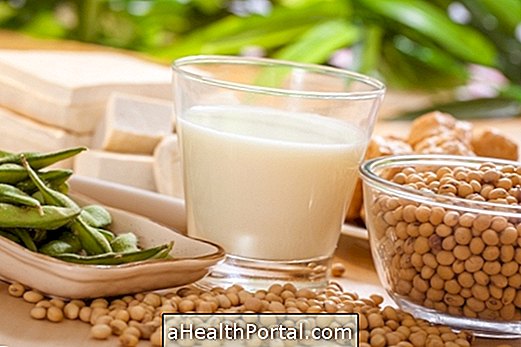Flatulence in pregnancy is a very common problem because in pregnancy digestion slows down, making it easier to produce gas. This happens due to the increase in the hormone progesterone, which relaxes the muscles, including the muscles of the digestive system.
This problem becomes worse at the end of pregnancy because it is when the uterus fills most of the abdomen by exerting pressure on the intestine, further delaying digestion, but some pregnant women may experience this discomfort even at the beginning or middle of gestation.
How to avoid excessive gas in pregnancy
To avoid flatulence in pregnancy it is important to drink 1.5 to 2 liters of water a day to help flush out gas and avoid foods like beans and peas because they increase gas production in the gut. Other tips are:
- Make 5 to 6 meals a day with small amounts;
- Eat slowly and chew food well;
- Wear loose, comfortable clothing so that there is no tightness in the belly and waist region;
- Avoid foods that cause gas, such as beans, peas, lentils, broccoli or cauliflower and fizzy drinks:
- Exclude fried foods and very fatty foods from the food;
- Attempting to do at least 20 minutes of physical activity daily can be a hike;
- Consume natural laxative foods like papaya and plum.
These tips are especially related to feeding, are simple to follow and help decrease gas and improve abdominal discomfort, but should be followed throughout pregnancy.
When to go to the doctor
Flatulence in pregnancy causes symptoms such as bloating, cramps, stiffness and abdominal discomfort. When these symptoms are accompanied by nausea, vomiting, abdominal pain on one side only, diarrhea or constipation it is advised to consult the obstetrician.
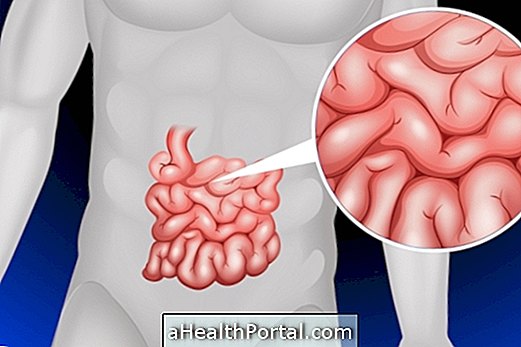

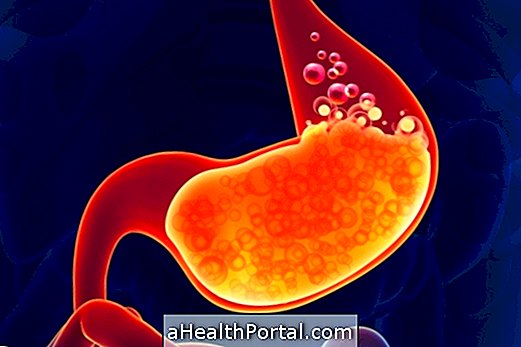
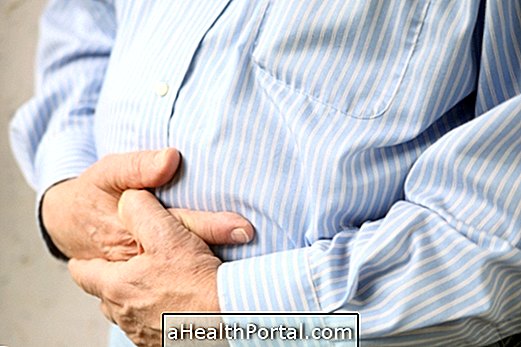

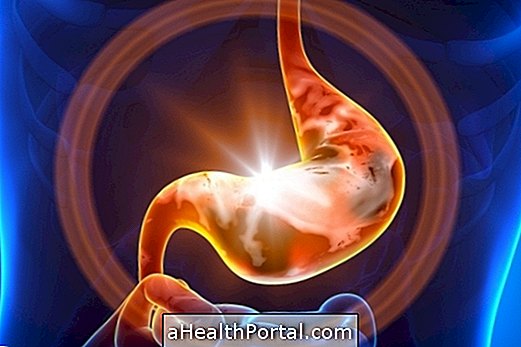

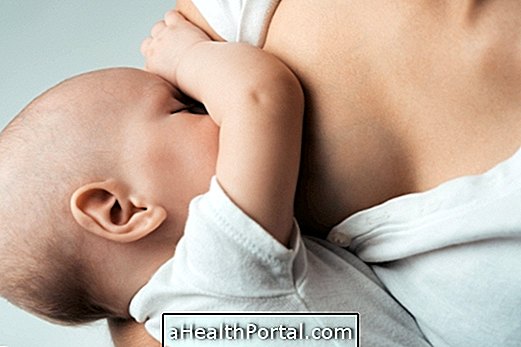
-o-que--sintomas-transmisso-e-tratamento.jpg)
